Esther, 18, is the leader of her school’s sexual, reproductive and health rights club. She shares her transformation as she learnt about her body and explains the importance of parent engagement and sexual education for adolescents, particularly girls.
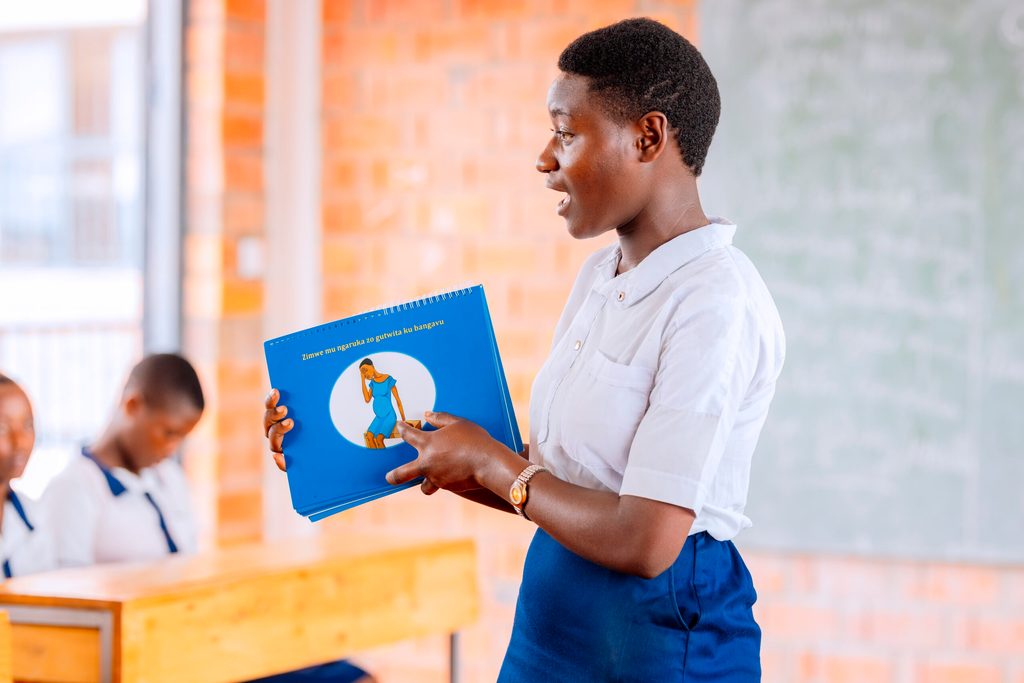
The need for parental engagement in a girl’s life
Hailing and raised in rural Rwanda, Esther, an eighteen-year-old girl, spent 16 years of her life without any knowledge of sexual education. Her parents, bound by cultural norms, never discussed this topic with her, a culture she believes needs to change.
Esther, the fourth of 8 children from a low-income family, spent her days performing household chores and living a peaceful life. Despite being taught self-discipline and the responsibilities of a future wife, she never had the opportunity to discuss sexual education with her parents.
“In my family, I didn’t have the opportunity to know, or be educated on sexual and reproductive health. It was considered culturally shameful.”
Esther, 18
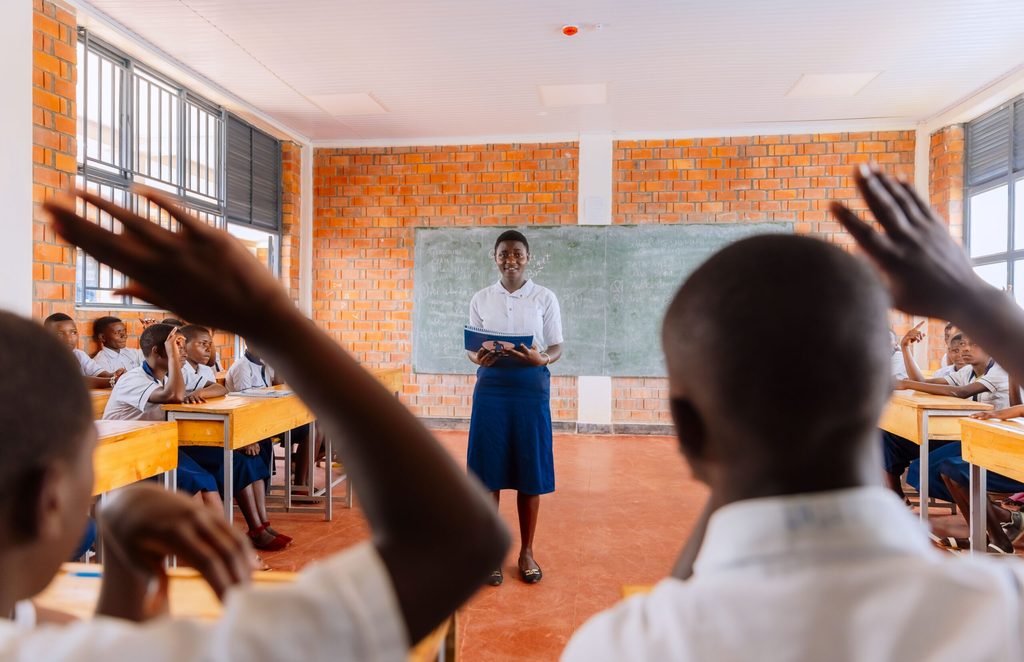
“In my family, I didn’t have the opportunity to know, or be educated on sexual and reproductive health. It was considered culturally shameful.”
Esther believes that uninformed adolescents face challenges in their future lives, underscoring the need for parent-child dialogues.
“I advise parents to invest time in nurturing their daughters into informed individuals as it will enable them to make autonomous decisions about their bodies.”
Esther, 18
“I advise parents to invest time in nurturing their daughters into informed individuals as it will enable them to make autonomous decisions about their bodies.”
Discovering herself through the school’s SRHR club
Recounting her transformation from an uninformed rural girl to a knowledgeable advocate, Esther’s perspective changed when she joined her secondary school’s sexual and reproductive health and rights (SRHR) club in her third year.
Elected as the club leader, she now oversees a group of 70 members, including 45 girls and 25 boys, all under the age of 18. The club aims to help adolescents, especially girls, explore sexual education for a brighter future.
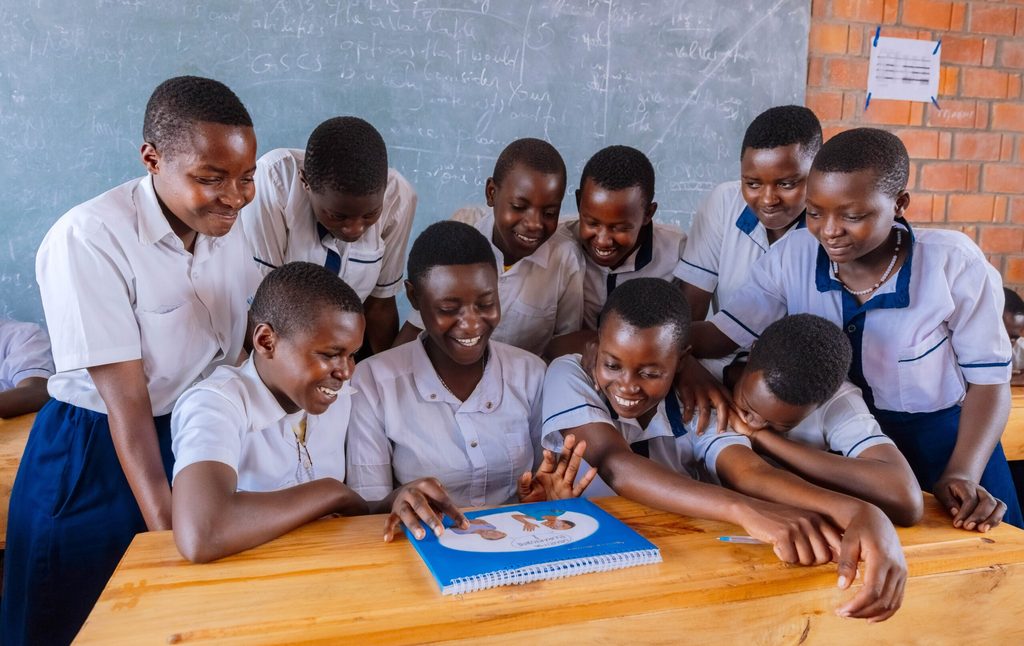
“My participation in the school’s sexual, reproductive and health rights’ club enabled me to gain invaluable knowledge about the changes in my body organs.”
Esther, 18
“My participation in the school’s sexual, reproductive and health rights’ club enabled me to gain invaluable knowledge about the changes in my body organs.”
“Today, I can protect myself against unwanted pregnancies and sexually transmitted diseases. I have cultivated the power to protect myself and firmly say NO when faced with sexual temptations.”
Esther, who is in her fourth year in Advanced Level Sciences, shares that she has learnt to maintain personal hygiene during her menstrual cycle, aided by the designated girls’ safe room at her school.
Furthermore, her clubmate, François, 17, in his fifth year of Advanced Level Sciences, highlights the importance of the sexual education for boys, debunking misconceptions of age-related fertility.
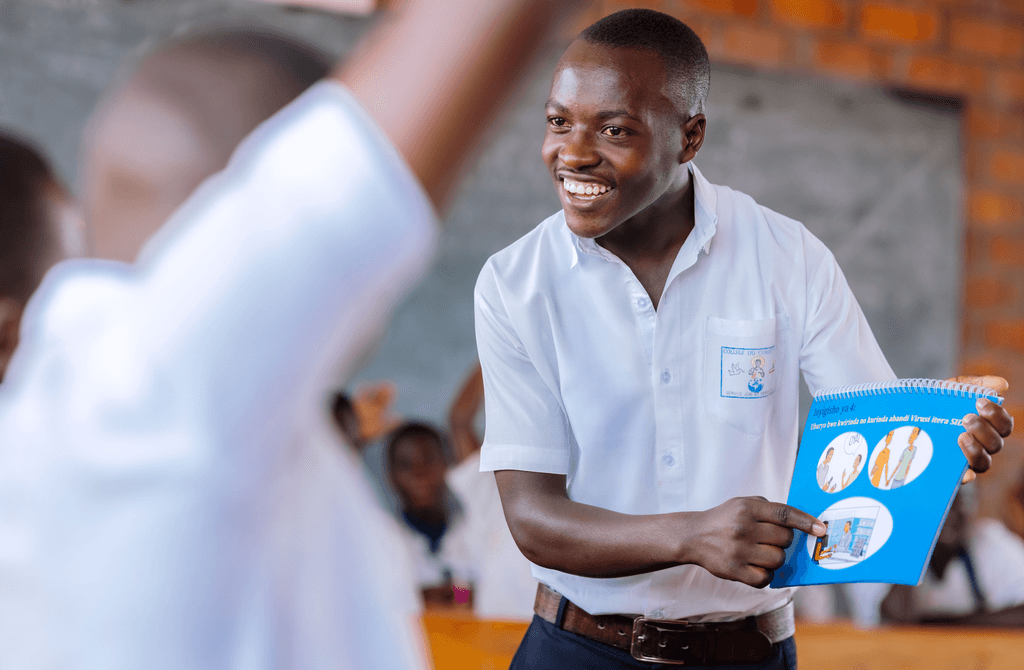
“I discovered that a thirteen-year-old boy can impregnate. Quite differently, I held the false belief that a boy can only impregnate at eighteen years old and above.”
François, 17
“I discovered that a thirteen-year-old boy can impregnate. Quite differently, I held the false belief that a boy can only impregnate at eighteen years old and above.”
To enrich their knowledge, the club uses various resources, such as the comprehensive sexual education books and a girls’ safe room.
Plan International’s contribution to adolescents’ education
Both in and out of school campaigns are the initiatives implemented across the local communities, in Gatsibo, Nyaruguru and Bugesera districts, to promote comprehensive sexuality education among adolescents. These include school clubs, village clubs for the out-of-school youth and mentoring parents through the ‘Evening Dialogue Among Parents.’
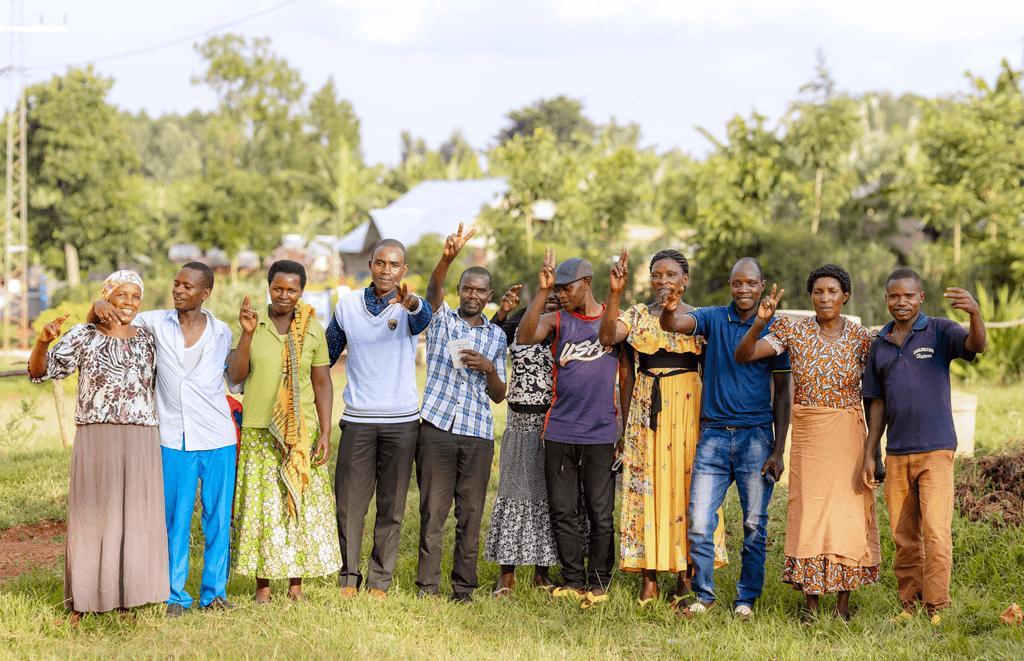
As a result, the campaigns have recently contributed to the decline of teen pregnancies in Gatsibo district, from over 800 to 518 within 6 months from July to December 2023.
“The district’s top priority is providing accurate information to the youth on sexual and reproductive health. This information informs them about proper behaviors, especially for girls, although boys are also involved. We also mobilise all parents to fulfill their responsibilities in parenting and provide this information to their children,” remarks Vice Mayor in Charge of Social Affairs of Gatsibo District, Marcelline Mukamana.
“When children are informed about sexual and reproductive health, it enables them, especially a girl child, to make autonomous decisions about her body without outside intervention, particularly regarding her future and her life choices,” notes Providence Ndinawemufasha, Acting SRHR Advisor at Plan International Rwanda.


